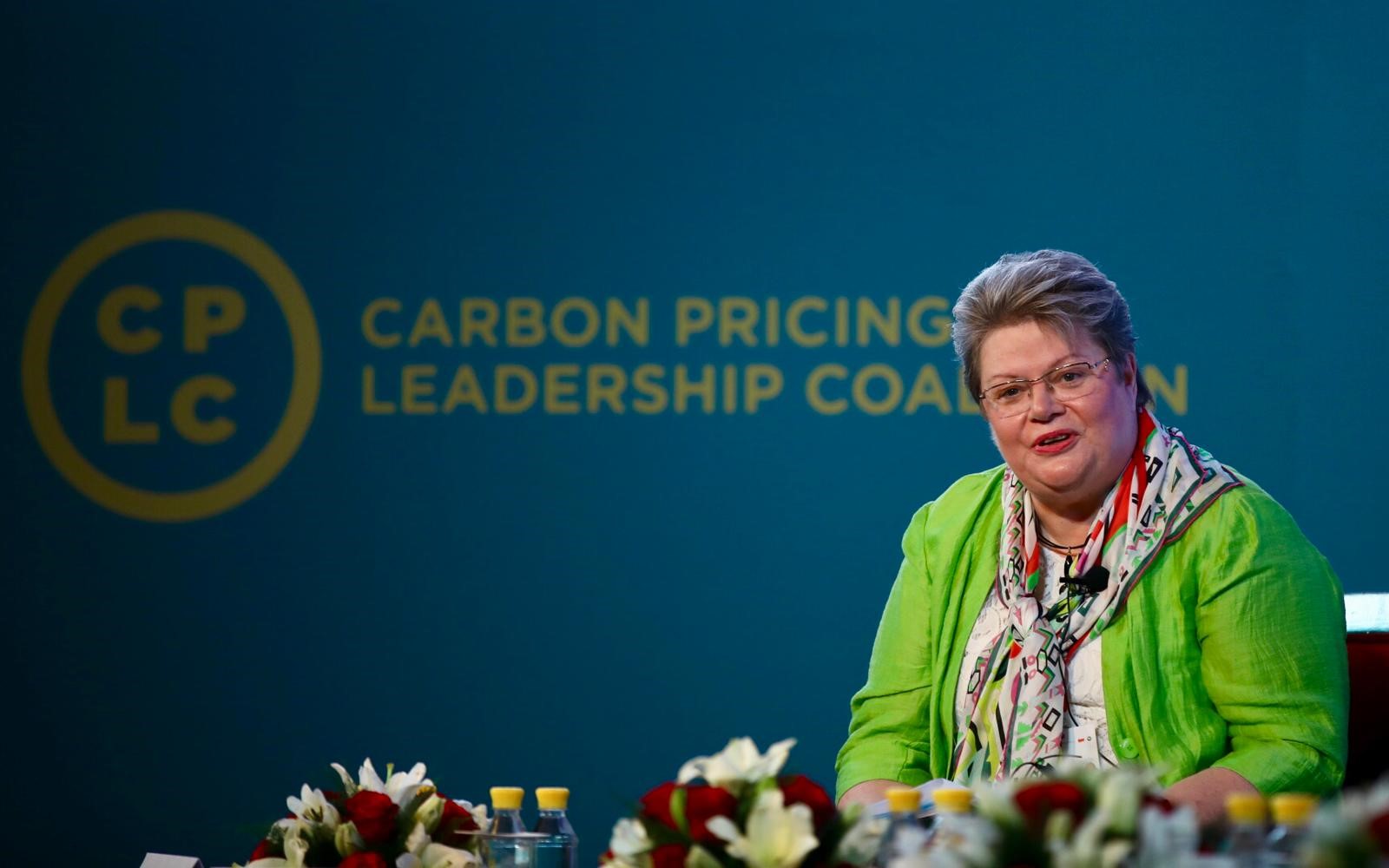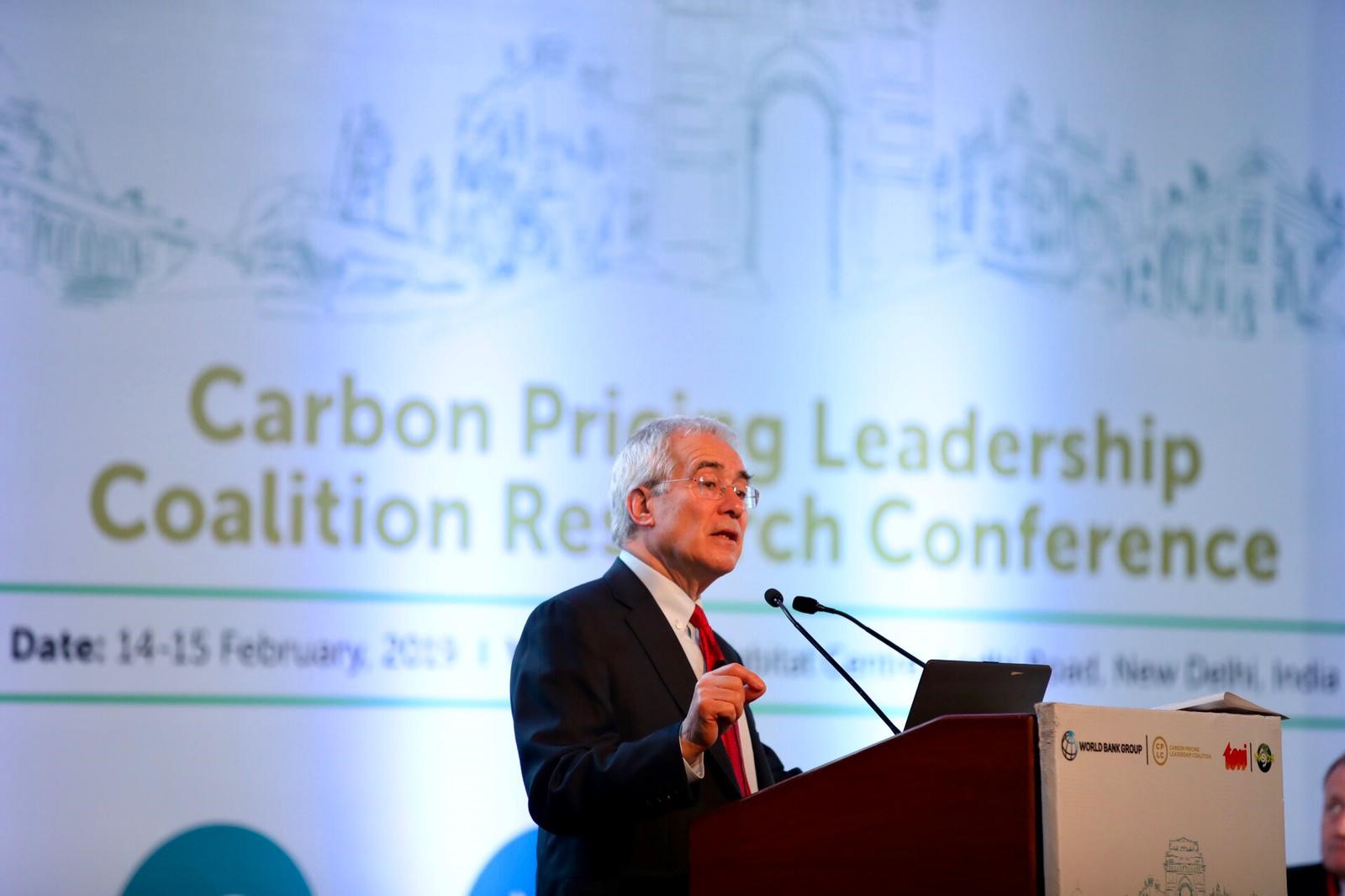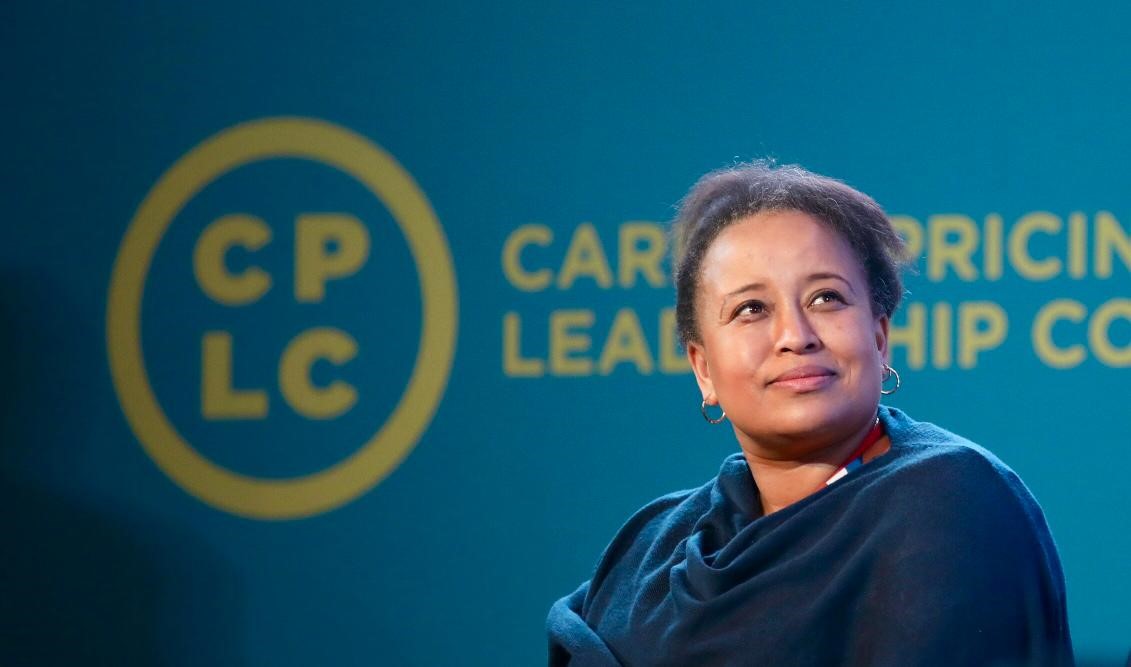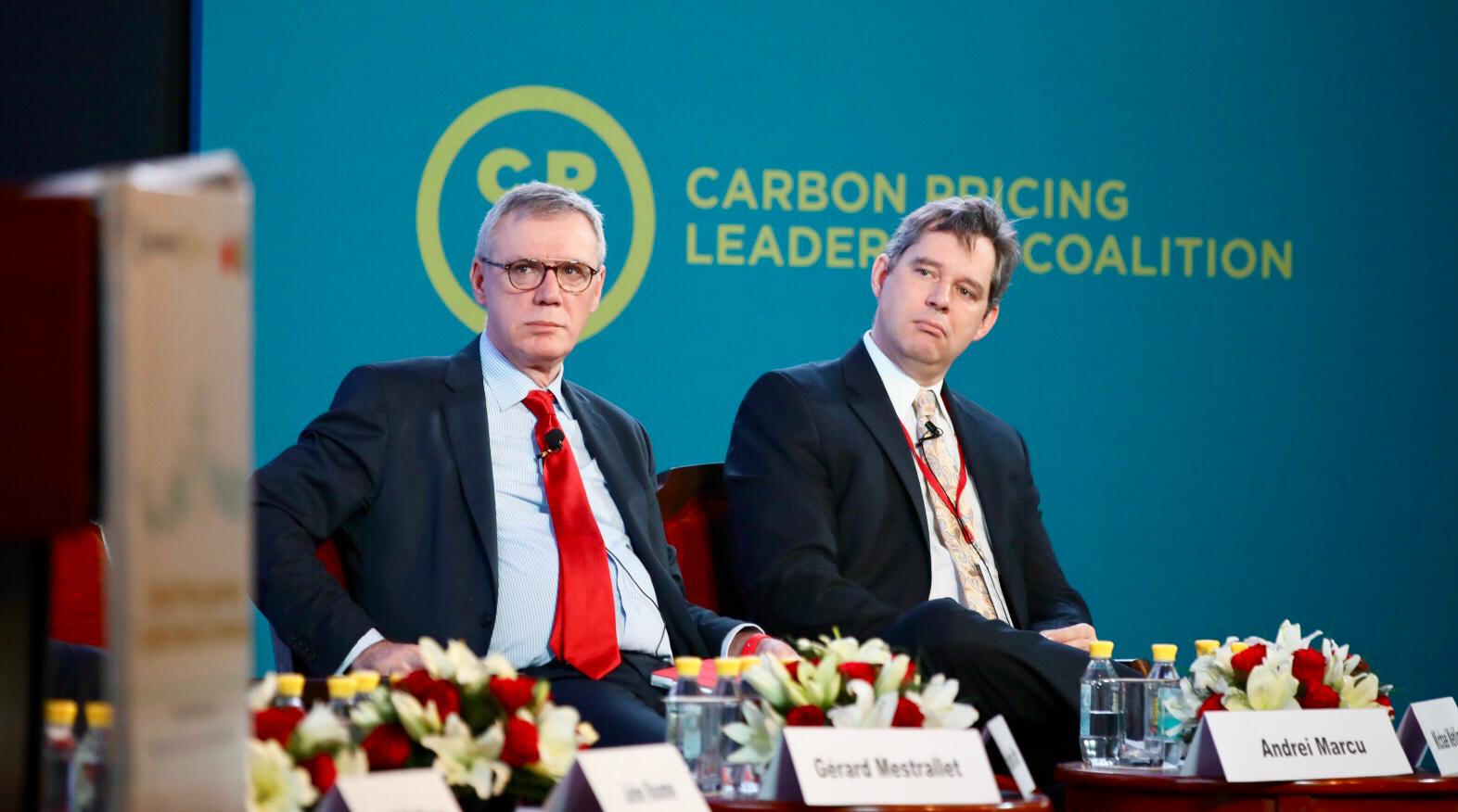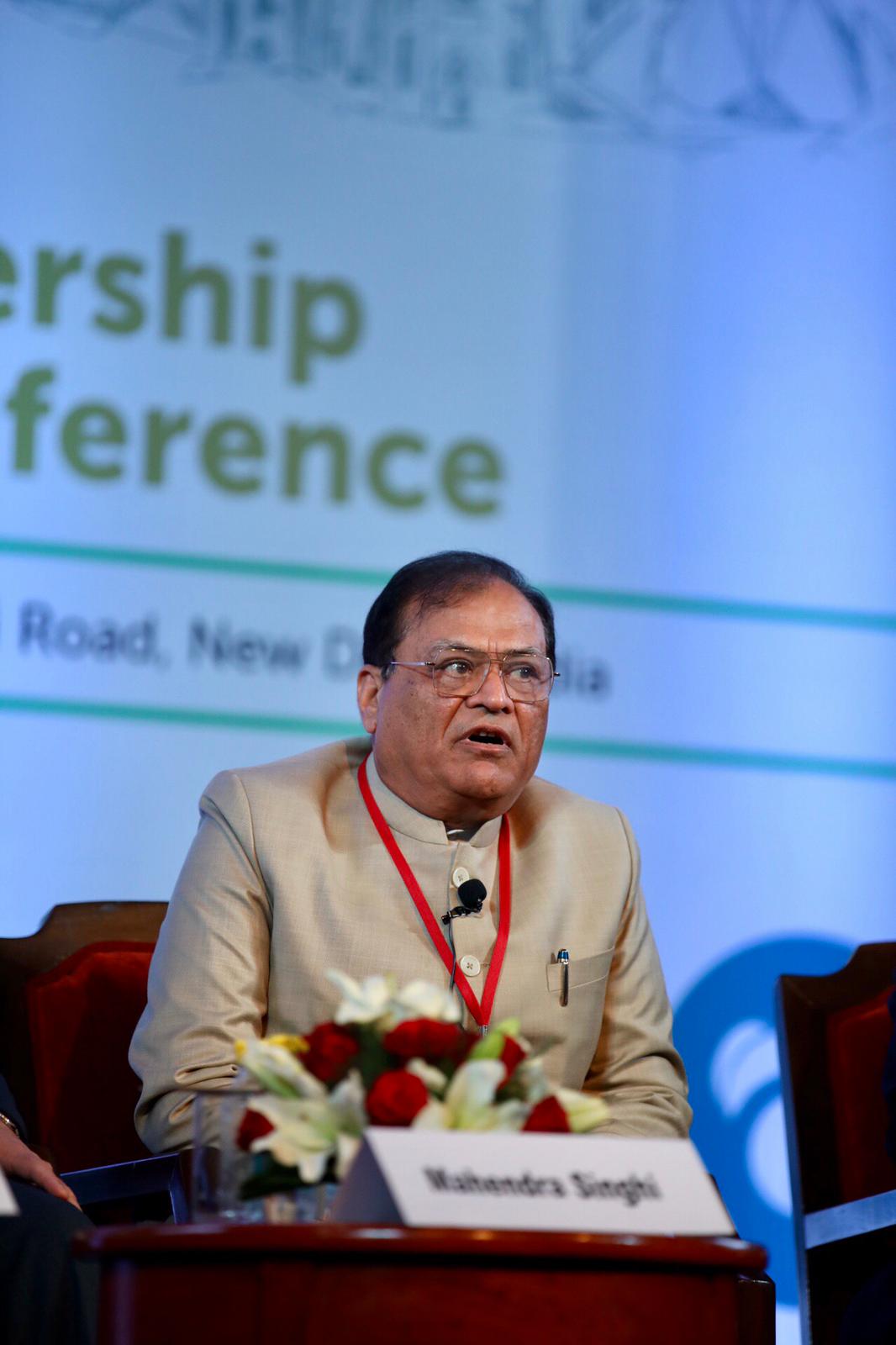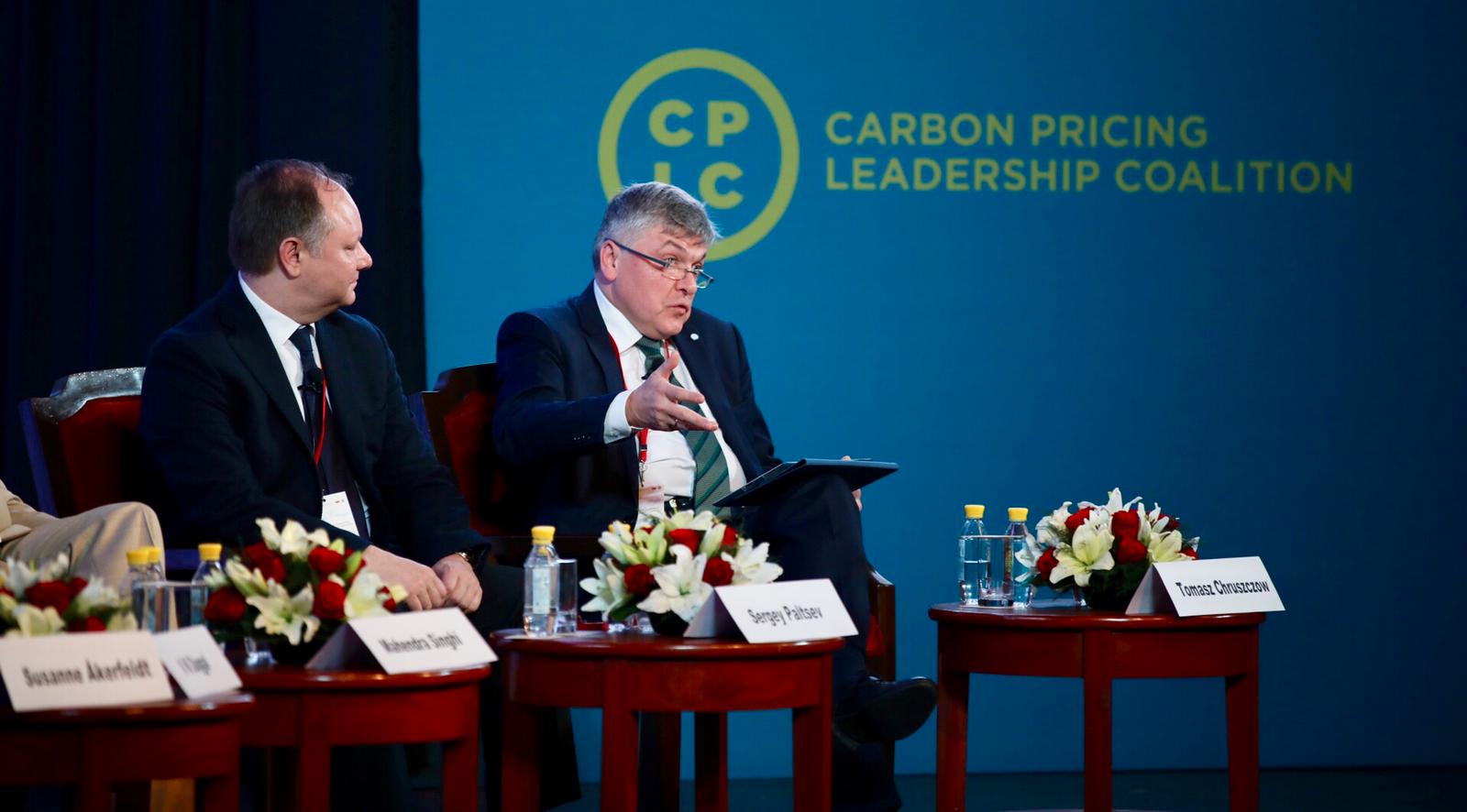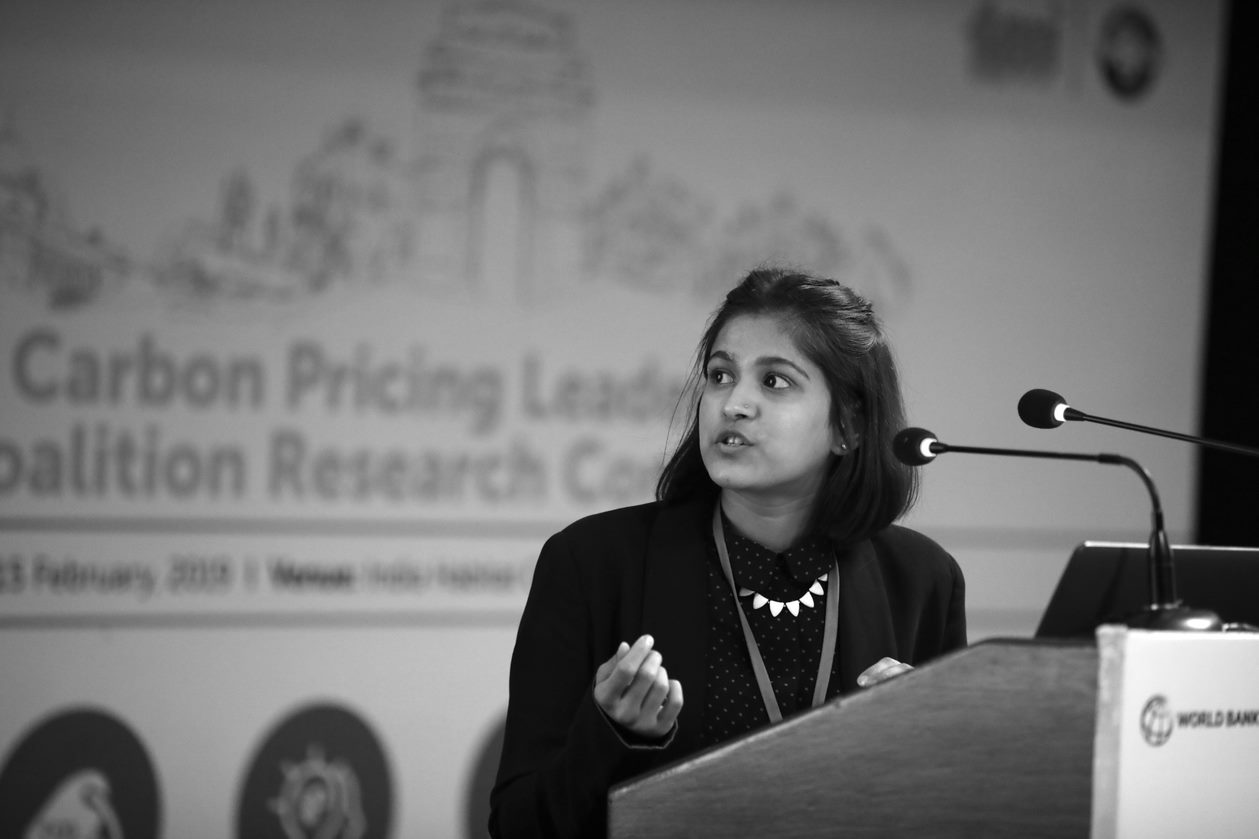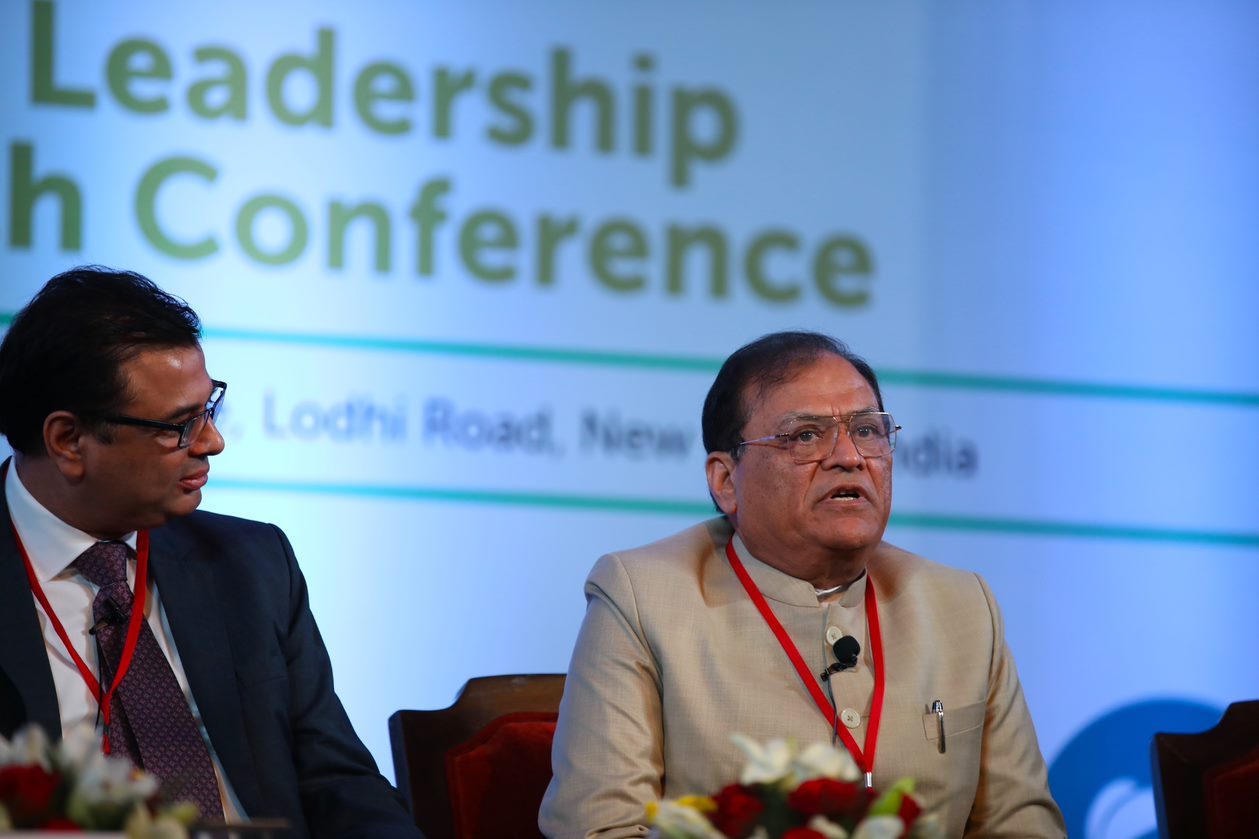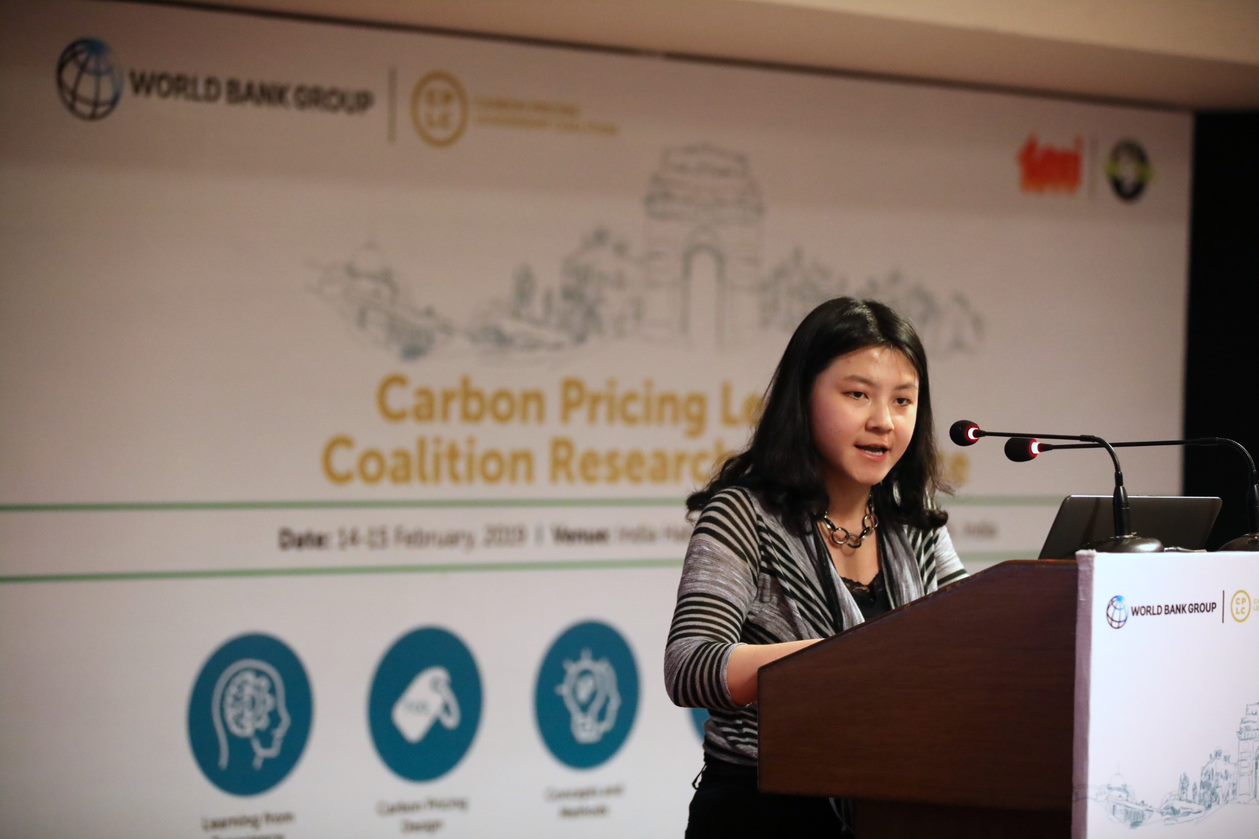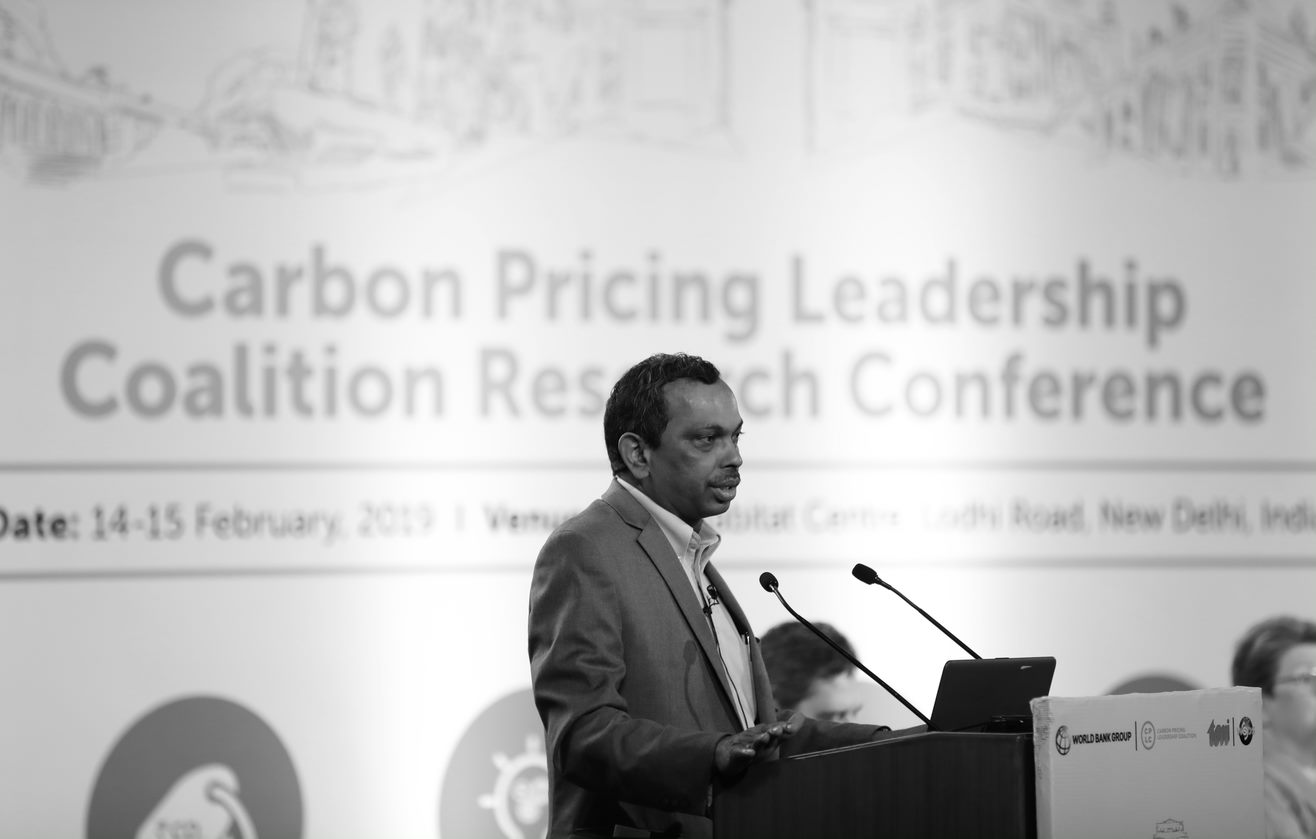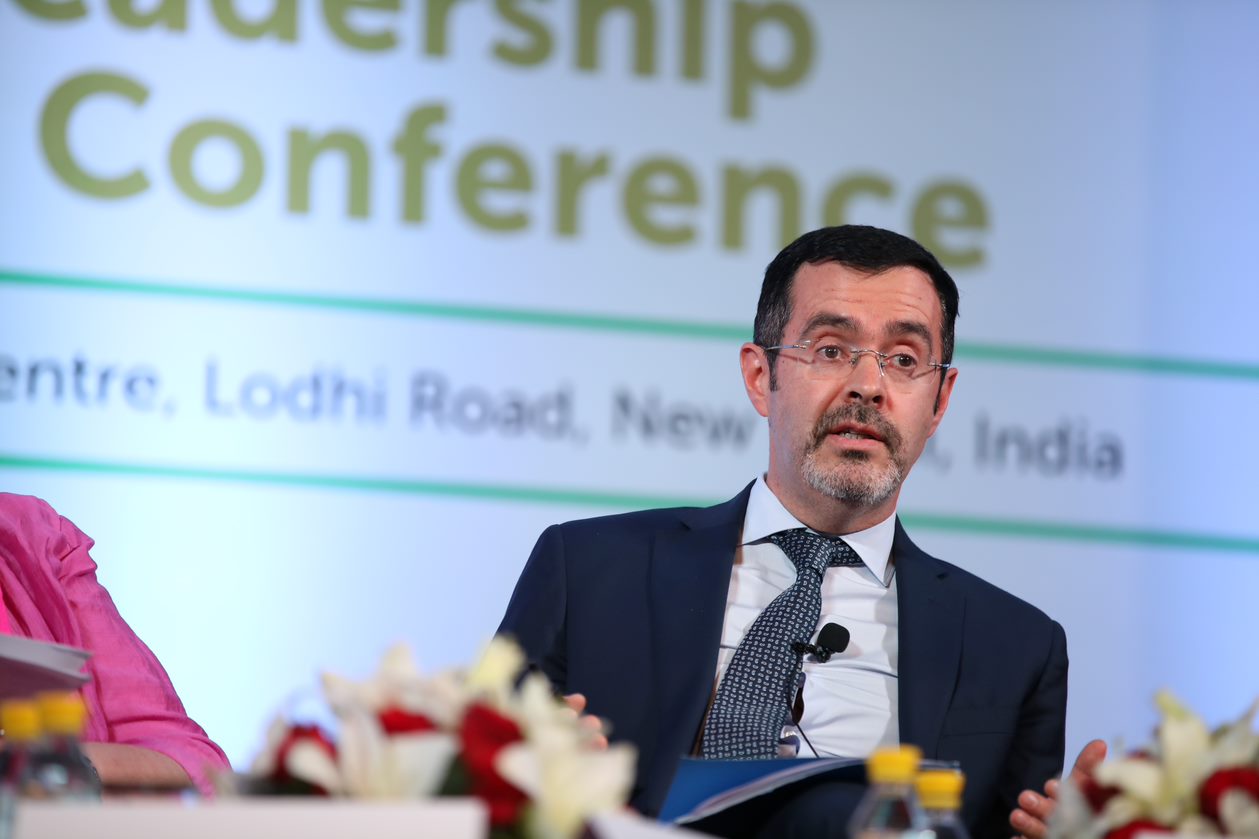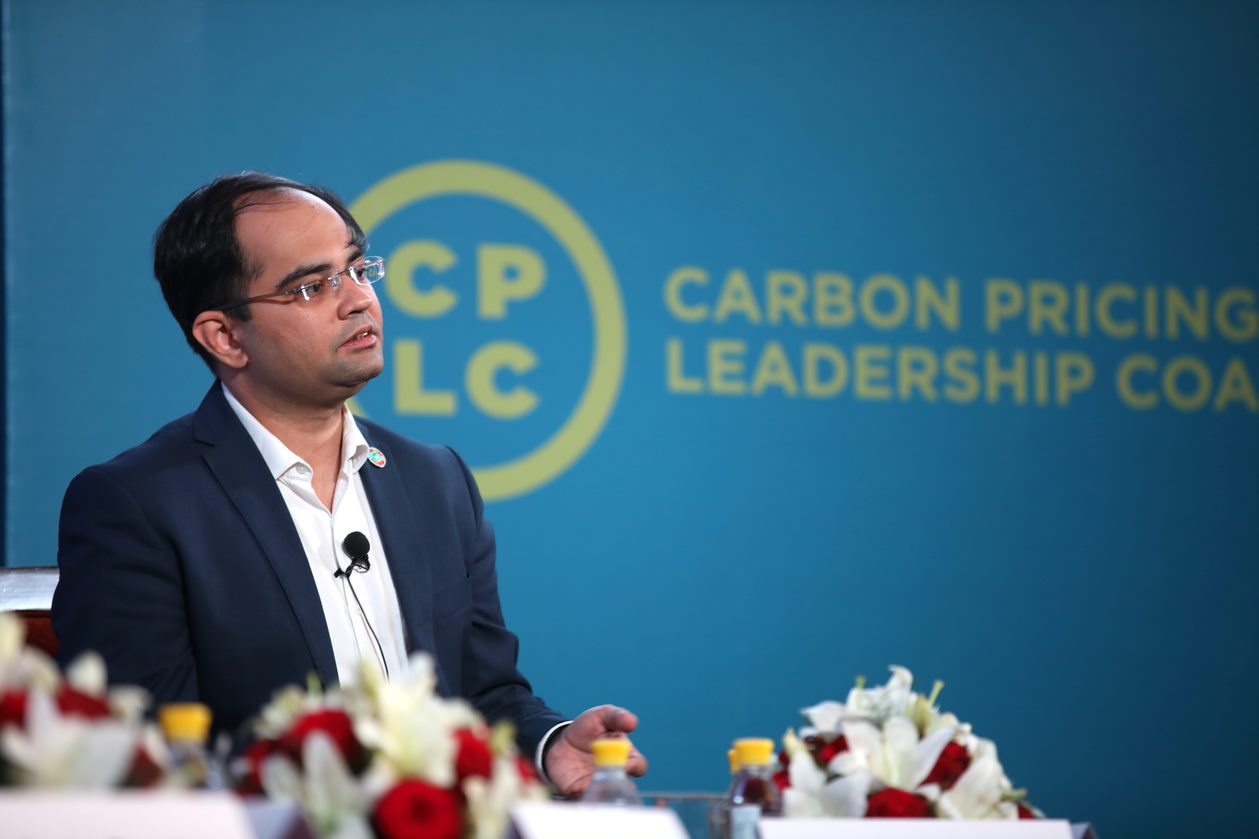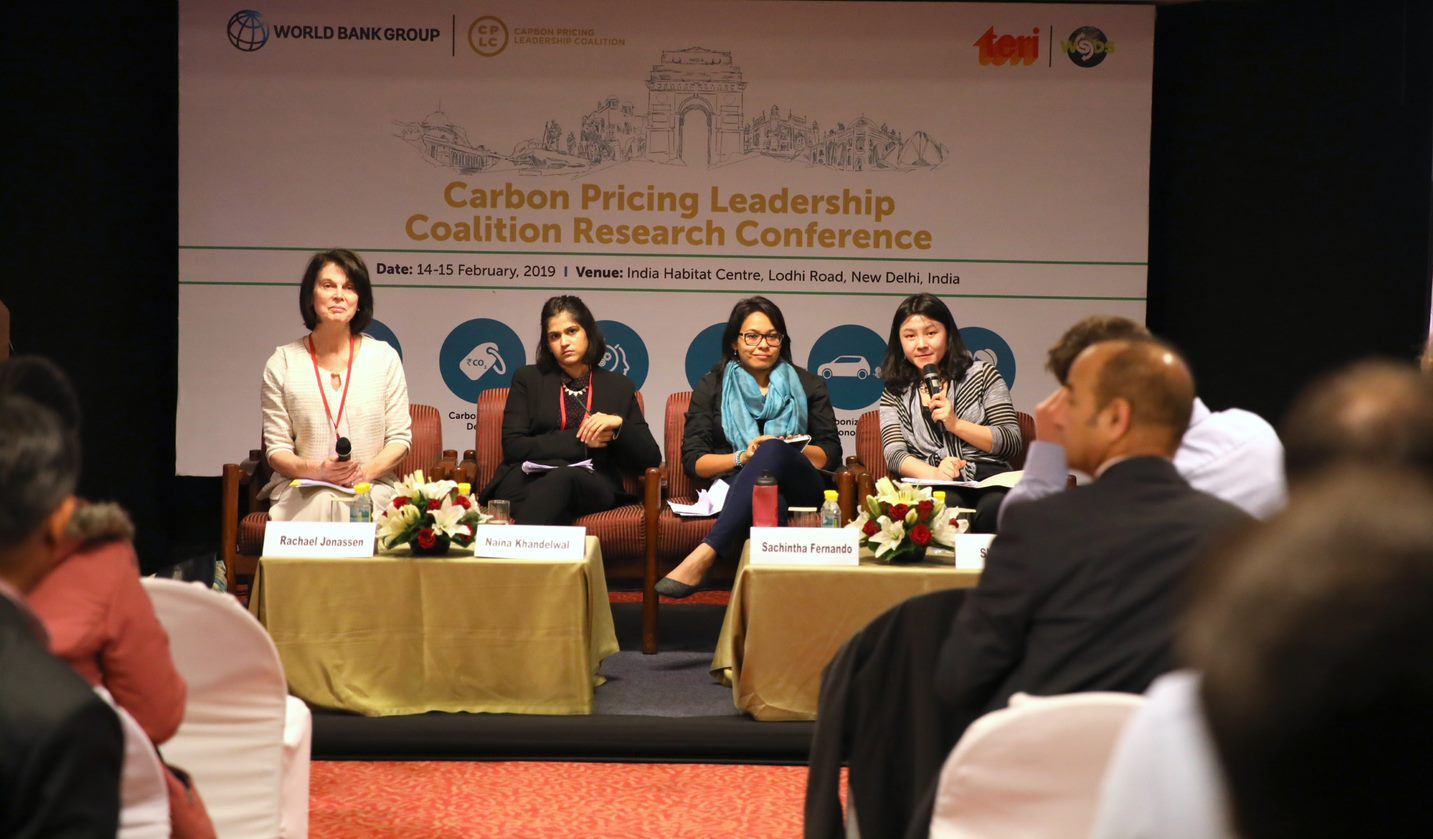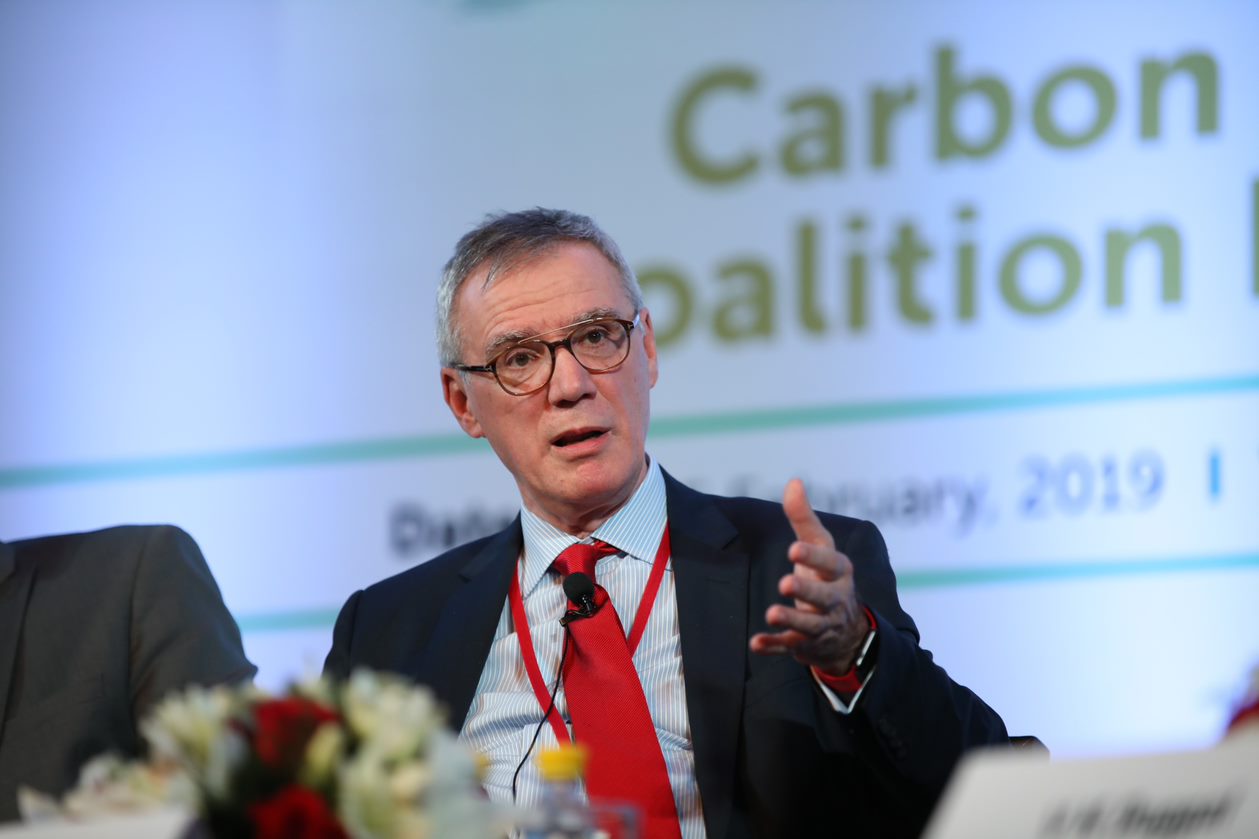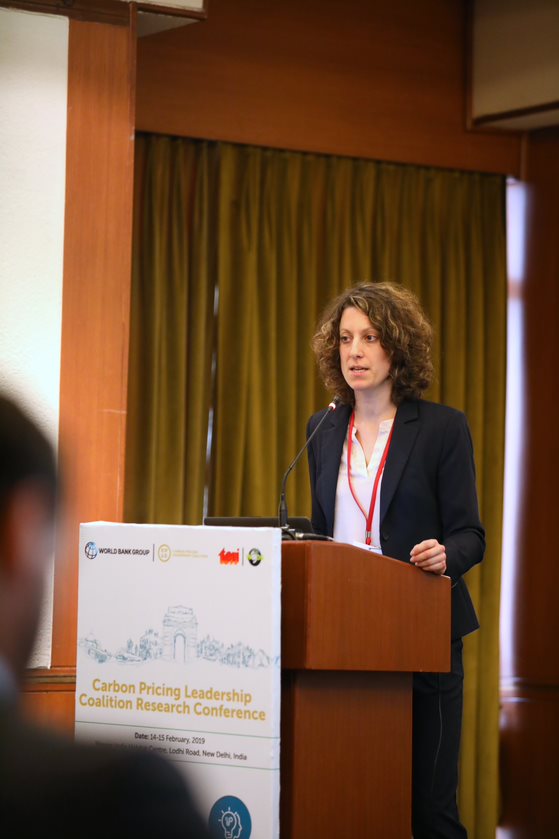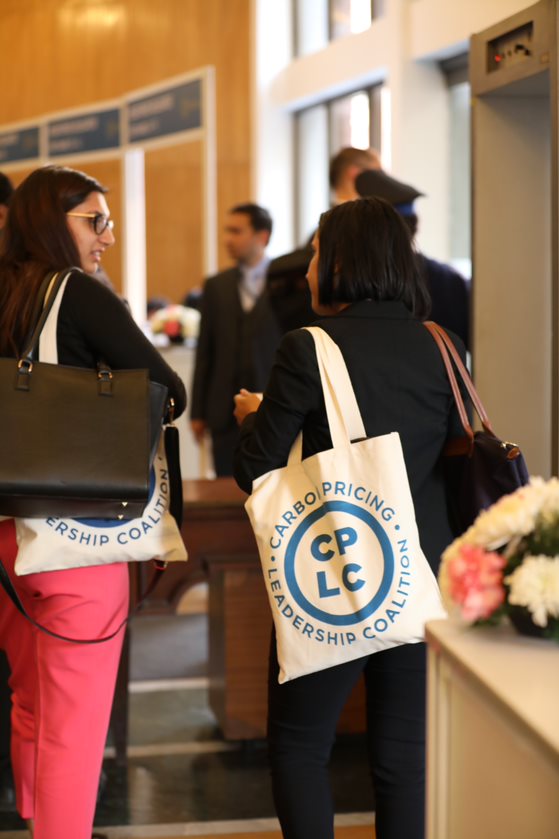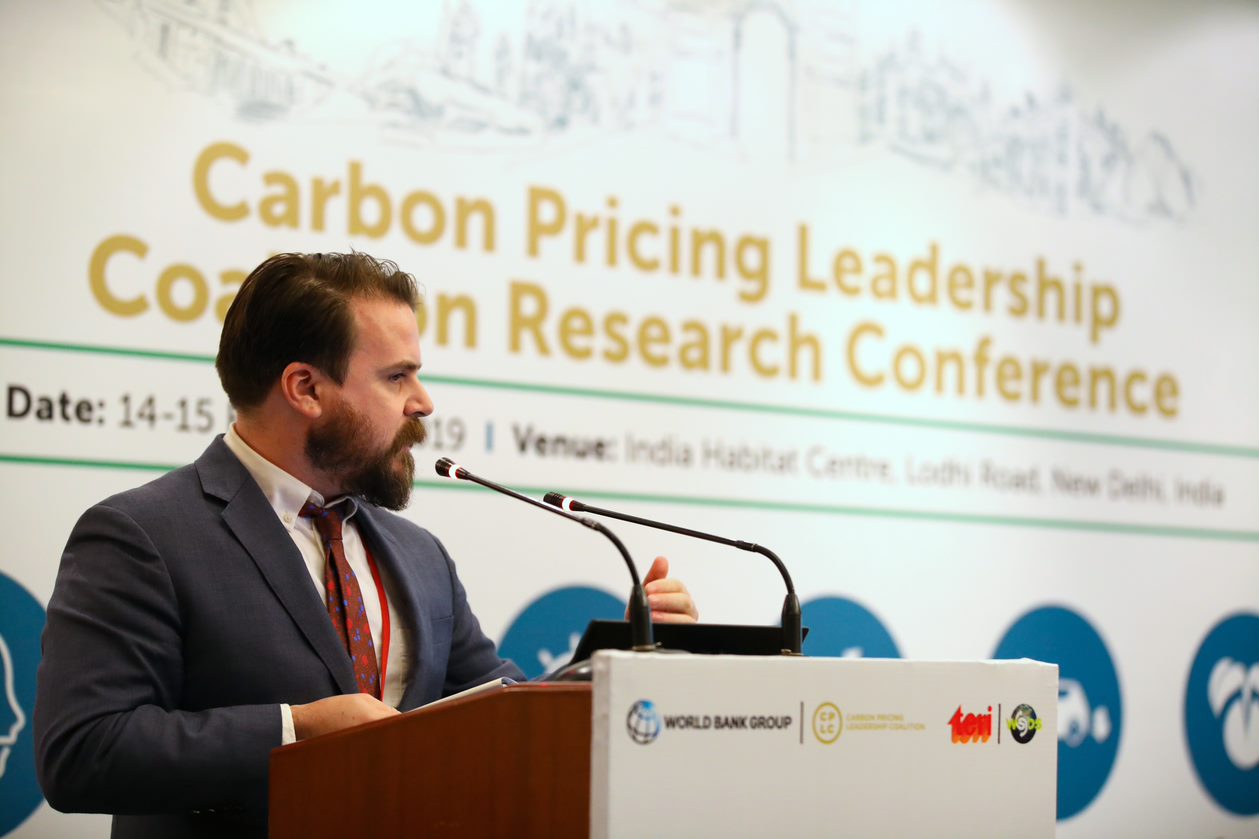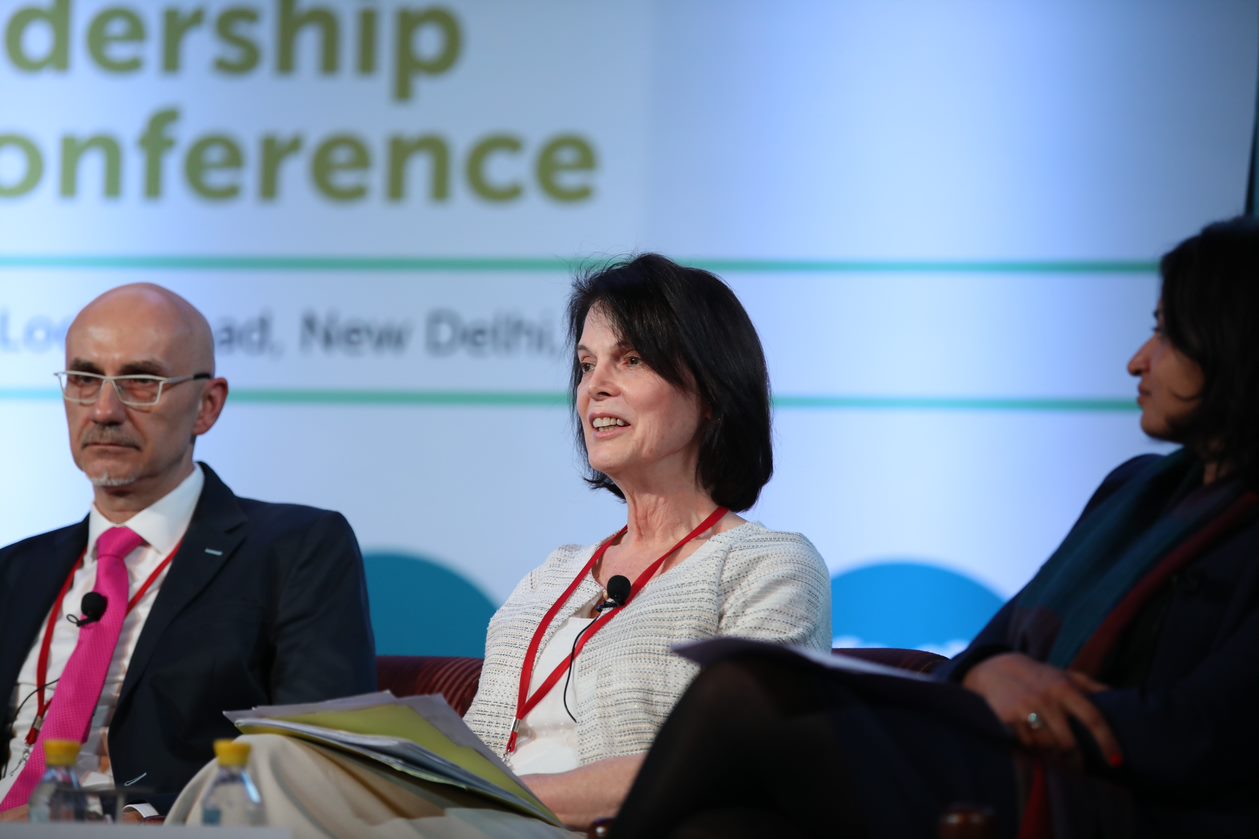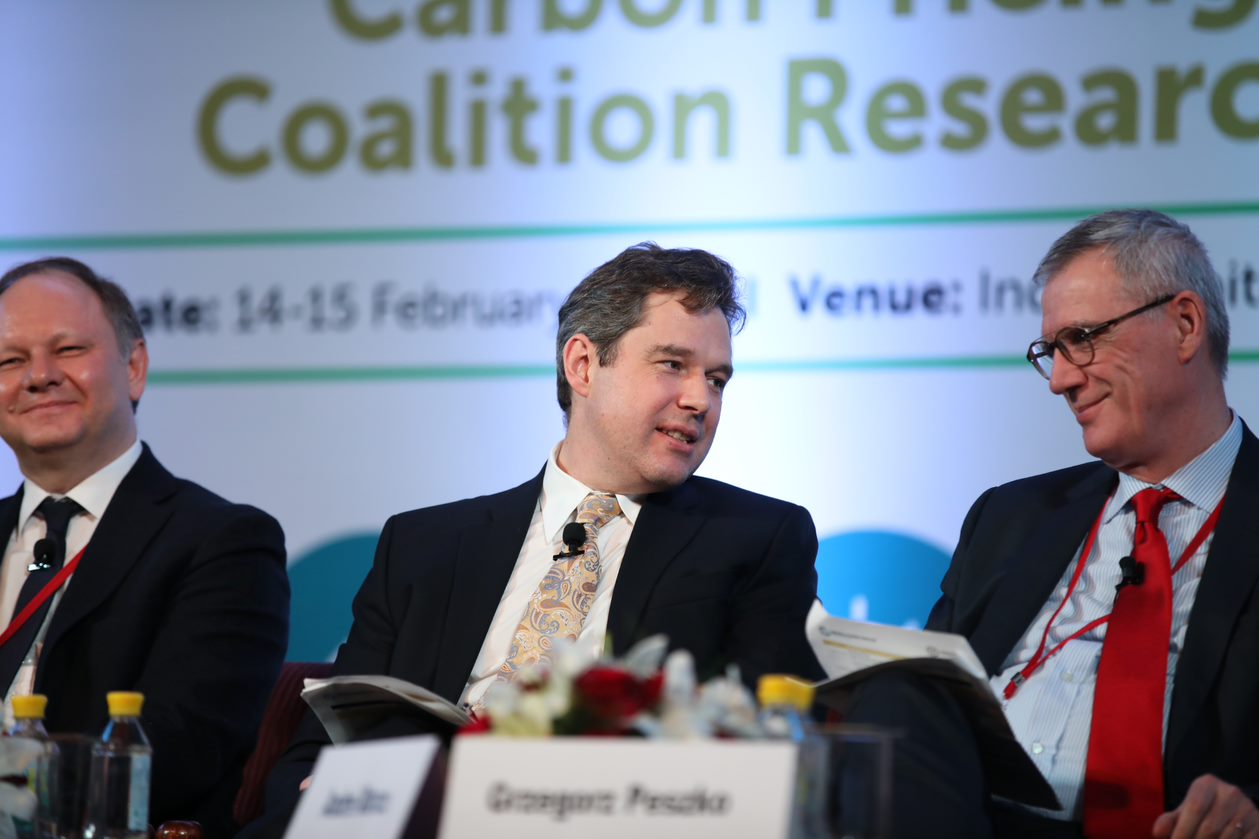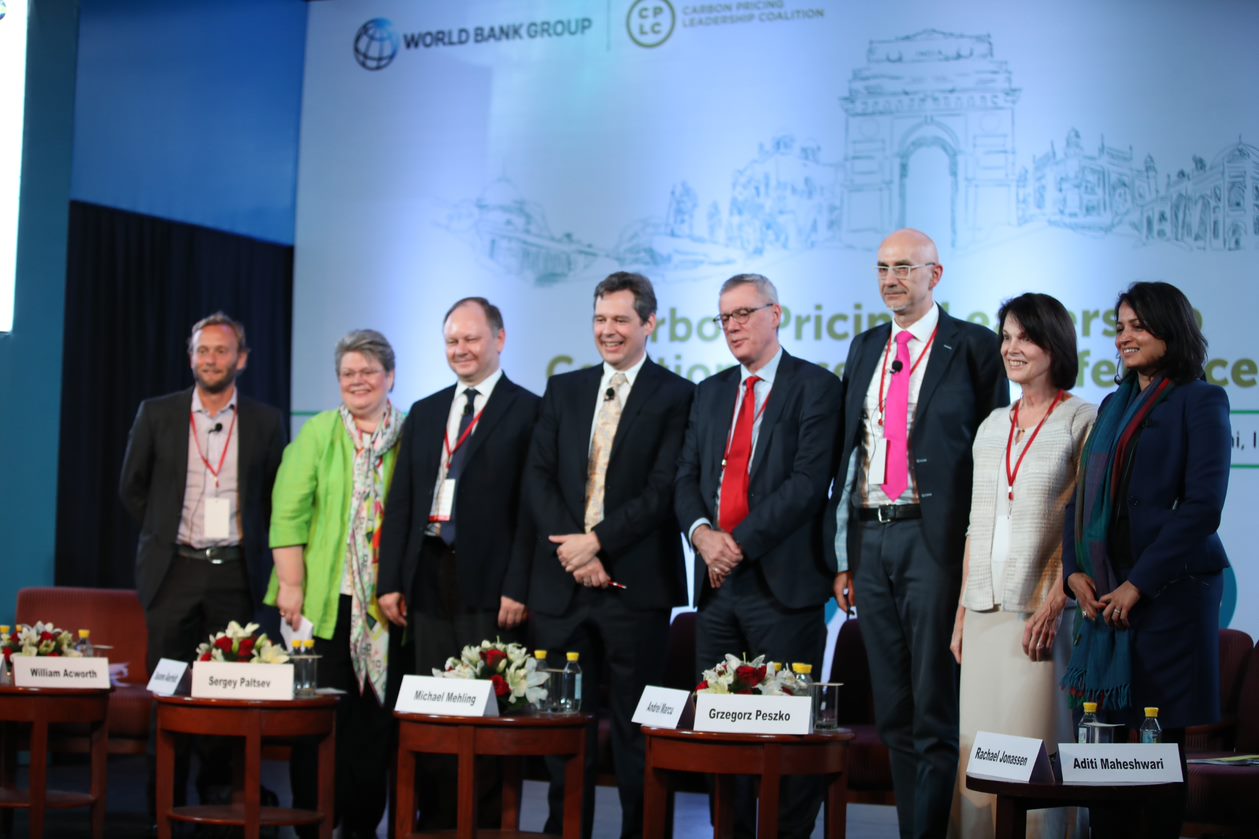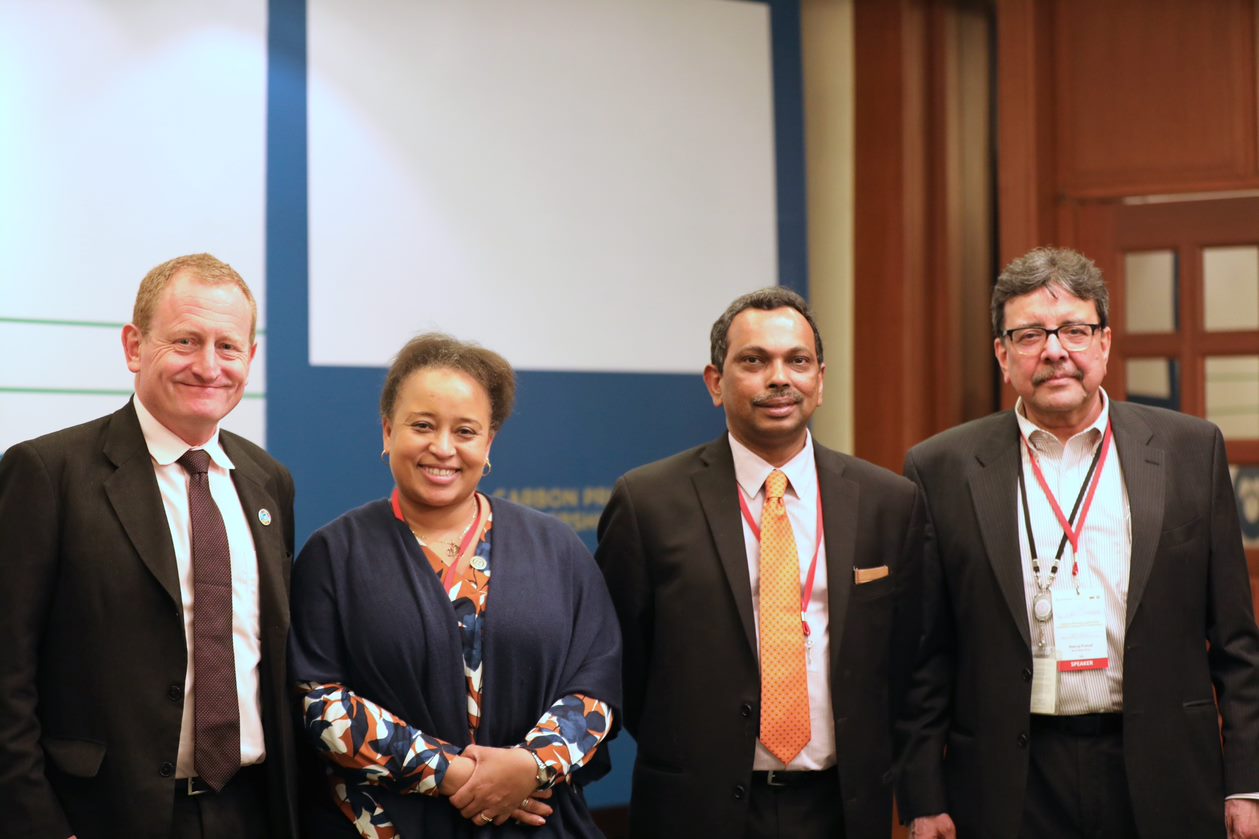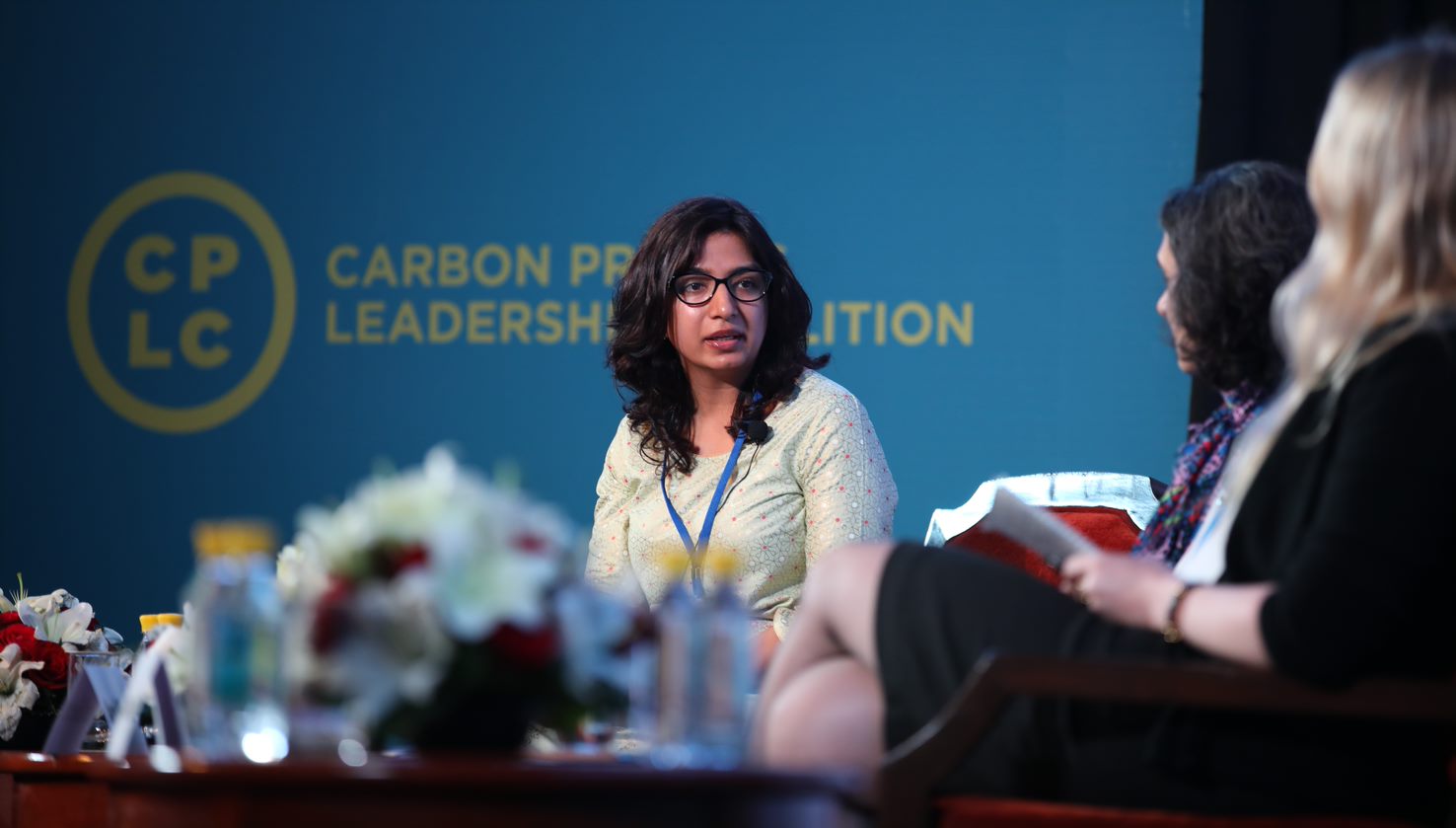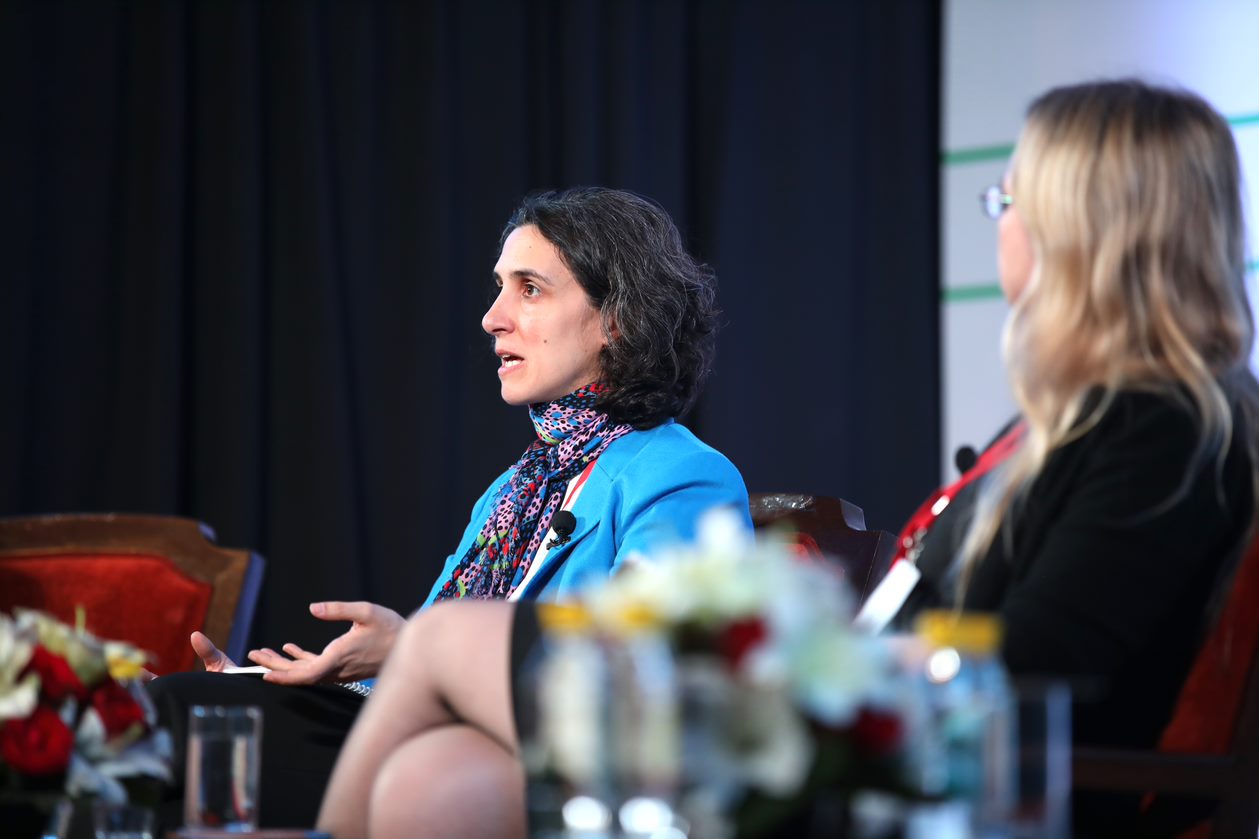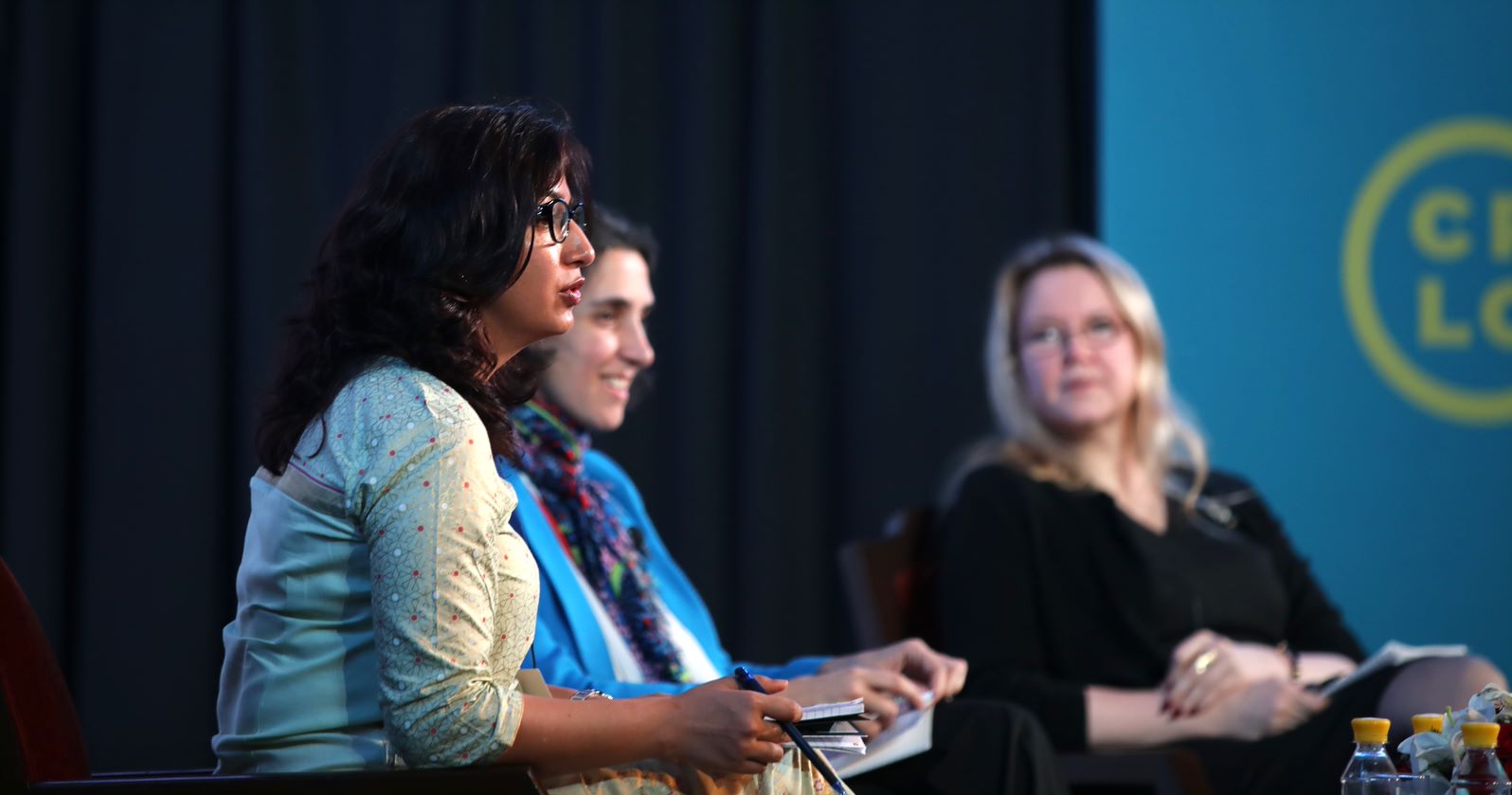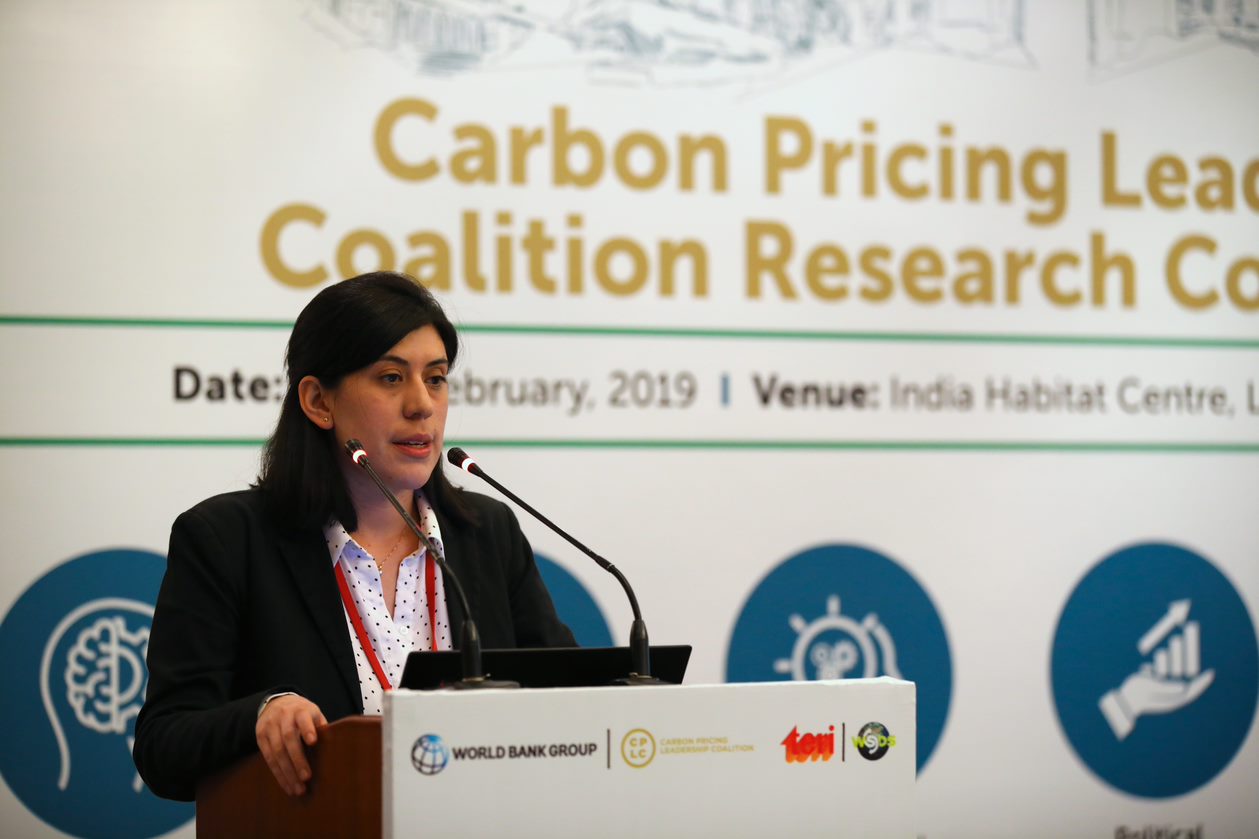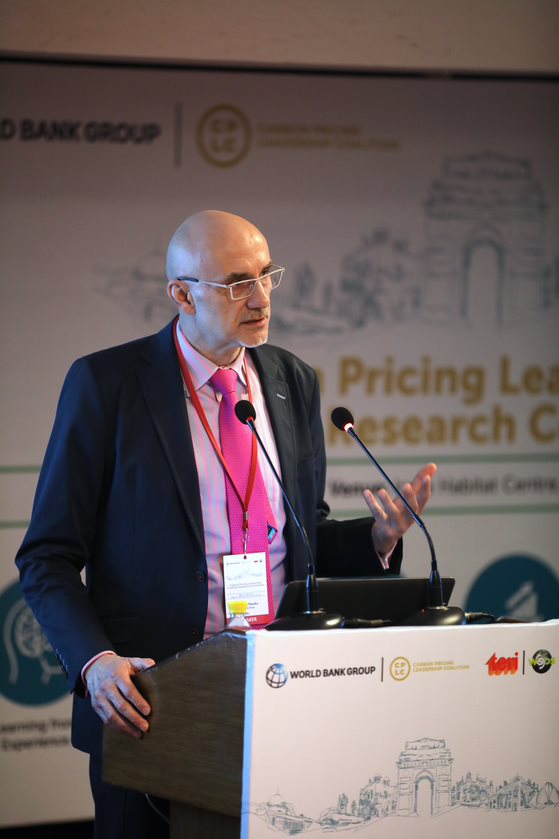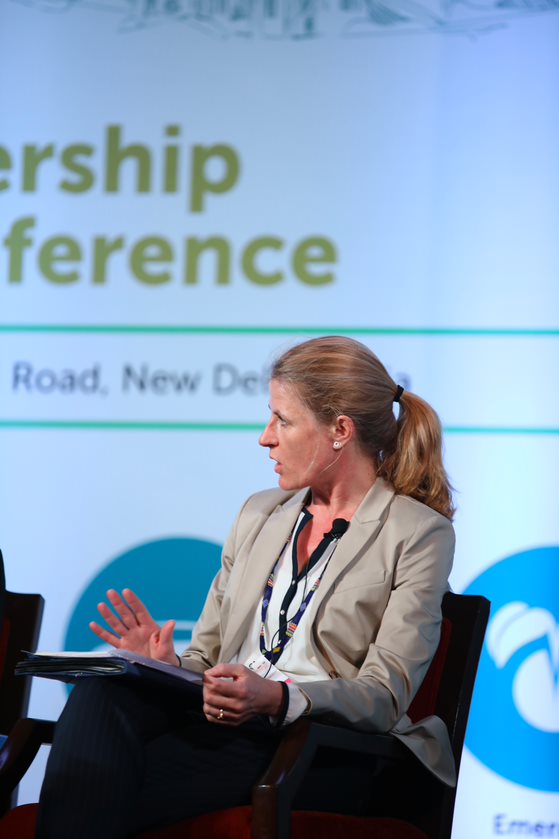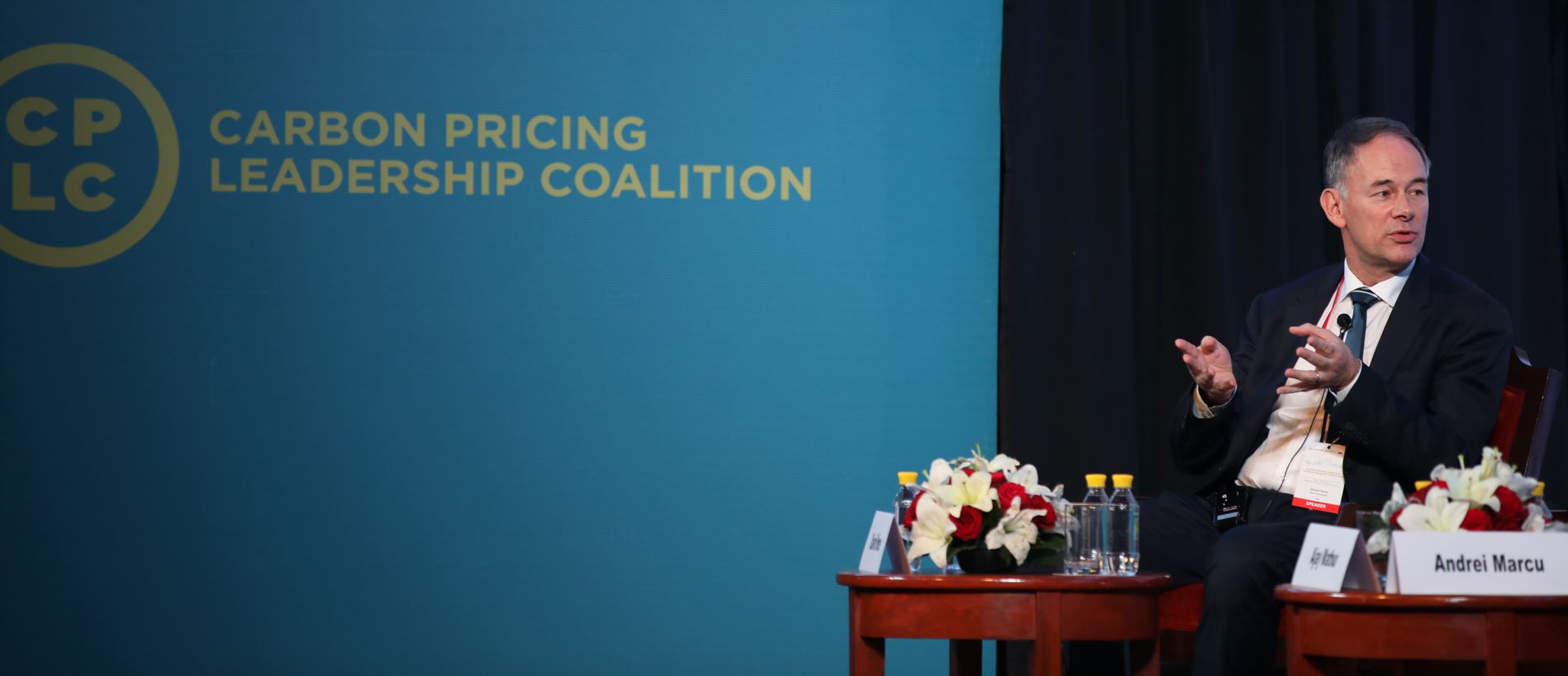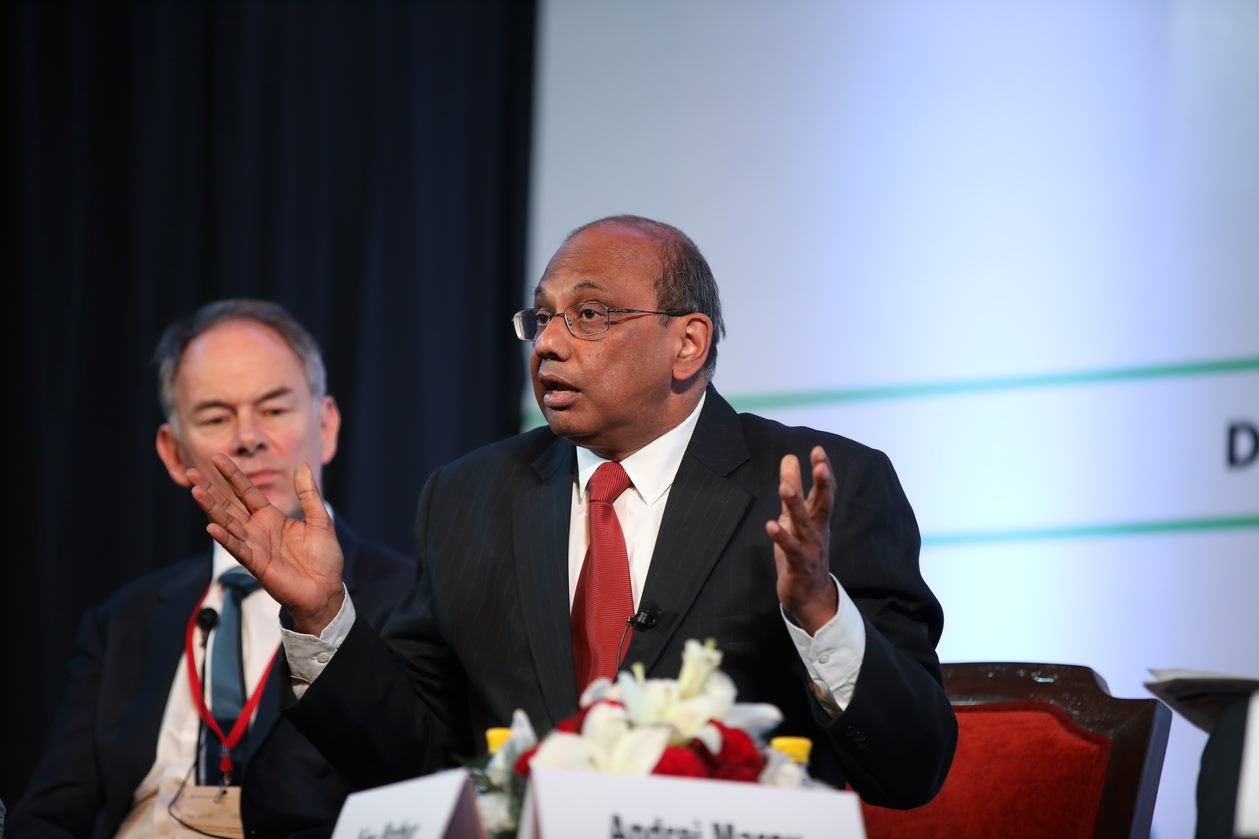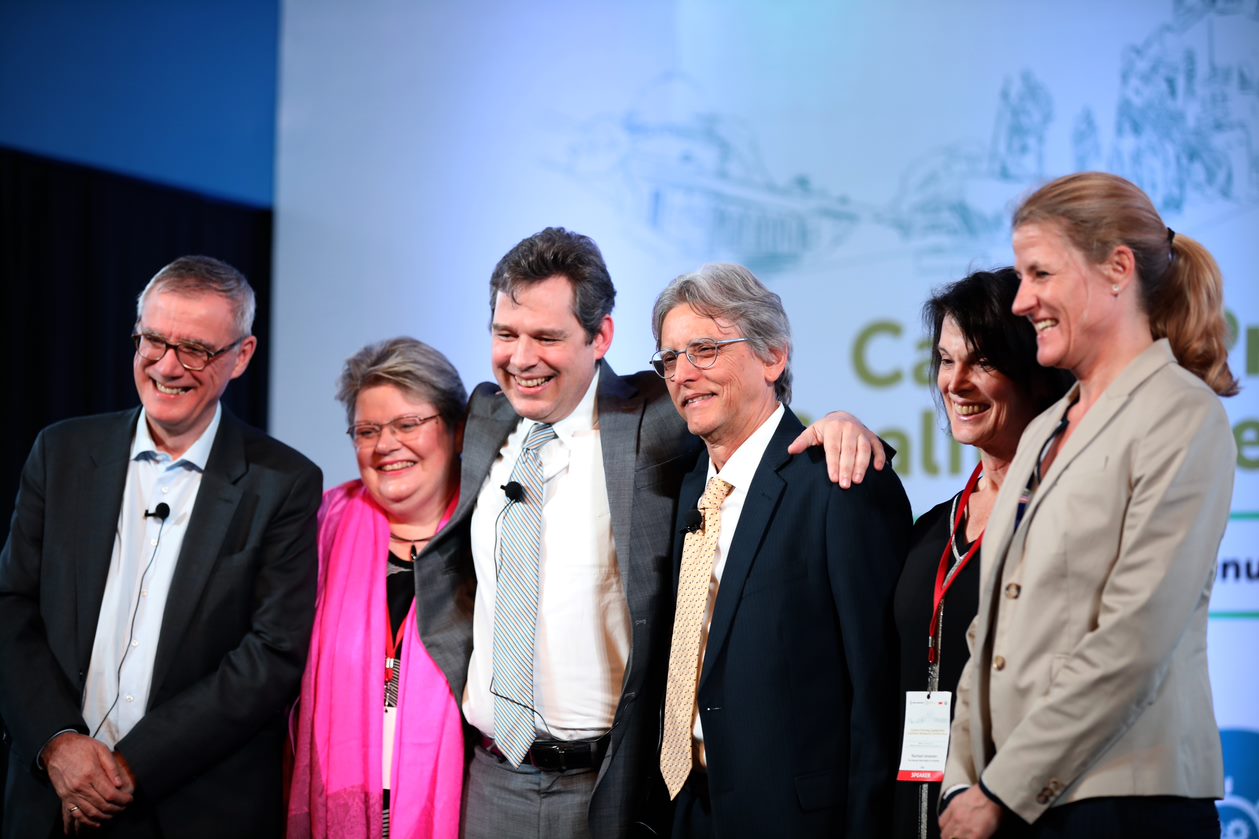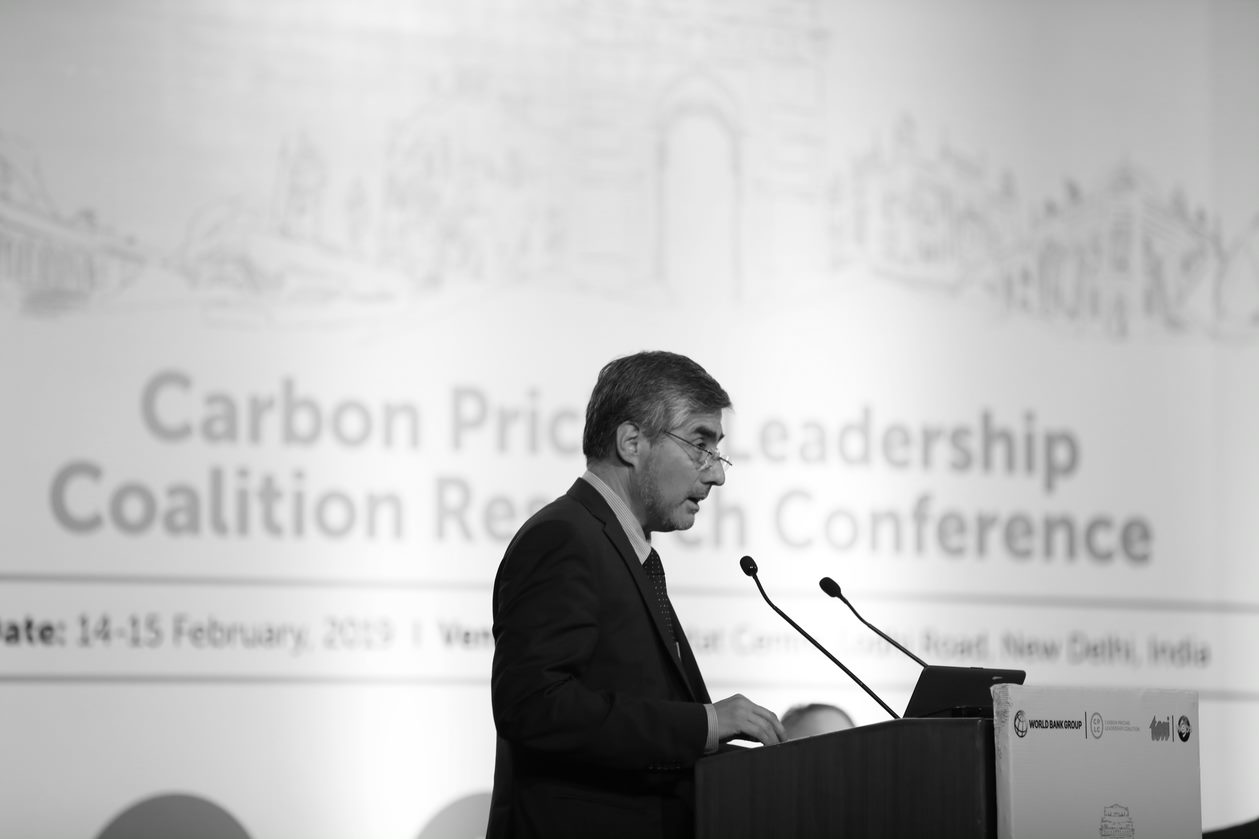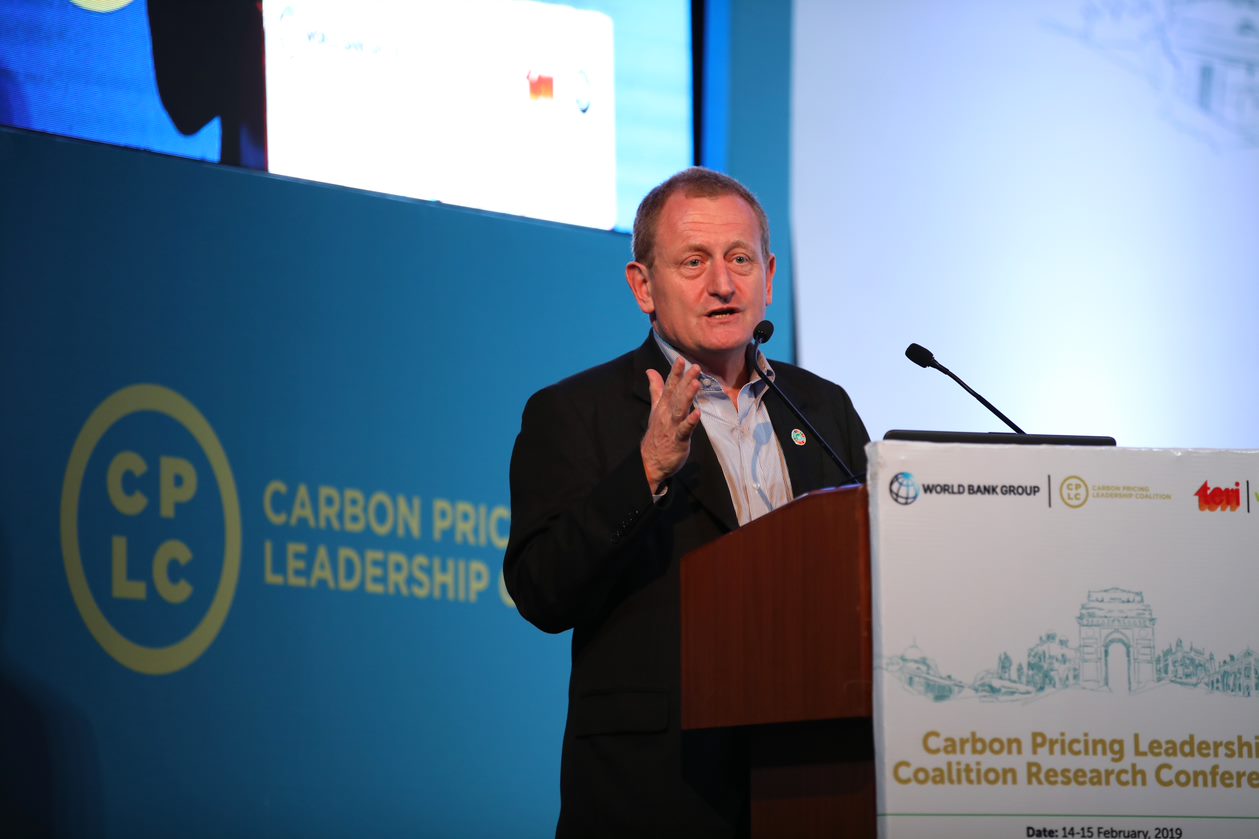Investing in Our Knowledge Base: The World’s First International Research Conference on Carbon Pricing
The Carbon Pricing Leadership Coalition (CPLC) organized the world’s first international research conference on carbon pricing—the CPLC Research Conference—in New Delhi, India.
The Conference attracted participants from around the world and featured over 30 researchers that were selected via a competitive “call for papers” led by an international scientific committee.
The key takeaways included an emphasis on continuing to invest in the carbon pricing knowledge base and building platforms for further collaboration between the research and practitioner communities.
Last week in New Delhi, India, the Carbon Pricing Leadership Coalition (CPLC), which is convened by the World Bank Group, organized the CPLC Research Conference—the world’s first international research conference on carbon pricing. Hosted in collaboration with The Energy and Resources Institute, the two-day event brought together over 30 researchers and 150 participants from a range of sectors, with special emphasis on drawing in young, emerging scholars and researchers from developing countries. Participating researchers were selected by an International Scientific Committee, chaired by Andrei Marcu, Senior Fellow at the International Center for Trade and Sustainable Development, and Michael Mehling, Deputy Director of the Center for Energy and Environmental Policy Research at the Massachusetts Institute of Technology. Proceedings focused on six themes spread over the two days: (1) Learning from Experience, (2) Carbon Pricing Design, (3) Concepts and Methods, (4) Political Economy, (5) Decarbonizing the Economy, and (6) Emerging Frontiers. The conference was designed to take stock of the existing carbon pricing research base—both theoretical and practical—to better inform future decisions made by business leaders and policymakers using carbon pricing. To do this, CPLC aimed to create a collaborative space for practitioners interested in carbon pricing and researchers examining the policy’s effectiveness and potential use to interact and learn from each other.
Day 1: John Roome, World Bank Senior Director for Climate Change, opened the conference by addressing the audience as the world’s “carbon pricing brain trust”. He was followed by Gérard Mestrallet, co-chair of the CPLC High-Level Assembly and the former CEO of Engie, and Lord Nicholas Stern, co-chair of the High-Level Commission on Carbon Prices and IG Patel Professor of Economics and Government at the London School of Economics. Presentations then covered a range of topics on the first three themes, with highlights including “Creating a Climate for Change? Carbon Pricing and Long-Term Policy Reform in México” by Arjuna Dibley, “Proposal for a Carbon Fee and Dividend Policy in the State of New Jersey” from Jivahn Moradian, “The Environmental Effectiveness of Carbon Taxes: A Comparative Case Study of the Nordic Experience” from Sachintha Fernando, as well as “Pricing Carbon to Contain Violence” from Shiran Victoria Shen. Andrei Marcu closed the first day with in-depth conversation on the status of Article 6 of the Paris Agreement with practitioners and experts involved in the negotiations. Overall, the day provided a comprehensive overview of the history and performance of carbon pricing measures around the world.
Day 2: Michael Mehling kicked off the second day chairing an opening plenary on carbon pricing in practice with representatives from Sweden, Mexico, Canada, the World Resources Institute and the World Bank. Presentations covered the larger social-political-economic context of carbon pricing, from “Carbon Pricing Design Options to Address Co-Pollutant Hotspots ” presented by Rachel Cleetus, to air quality and the practical implications of carbon pricing design in relation to common concerns such as equity, policy interaction, and competitiveness. For example, Daniela Gutiérrez Torres presented on the “Interaction between the Carbon Tax and Renewable Energy Support Schemes in Colombia: Complementary or Overlapping?”
The CPLC Research Conference reinforced that carbon pricing research is necessary to underpin effective carbon pricing implementation. Not only was increased investment in the knowledge base highlighted as key to filling research gaps but further collaboration between the research and practitioner communities was also strongly noted. In a similar vein, also strongly emphasized was the value of different and diverse perspectives—from and within academia, government, business, civil society, etc.— to come together to better understand the effectiveness of carbon pricing policies and how they can be used to meet the goals of the Paris Agreement and deliver additional social and economic benefits.
The conference closed with a call for increased content development, including more country-specific research, as well as upcoming opportunities to push the carbon pricing message—such as Innovate4Climate in June in Singapore. Moving forward, the CPLC and World Bank Group reiterated their commitment to supporting knowledge creation and providing platforms for greater collaboration. The world’s first international research conference on carbon pricing successfully brought together the research and practitioner community for a series of rich discussions. This unique convening facilitated the possibility of further collaboration between these groups, which could lead to better informed and potentially more socially-optimal carbon pricing proposals.
CPLC Research Conference Updates, Media and Communications
Photographs
Quotes from Carbon Pricing Leaders
“This is a defining moment for climate action. According to the IPCC latest findings, if we don´t propel transformational change worldwide in the next few years, it will be impossible to prevent the devastating consequences of climate change. Science is ready to provide alternatives to the fossil fuel economy and policy makers are more open to experimenting with alternative approaches for economic development. Carbon pricing is probably the only alternative to lower emission at the speed recommended by science. It also offers other benefits like providing certainty to the markets and spreading the cost of mitigation throughout public and private actors. Today, 46 national jurisdictions and 24 subnational jurisdictions are putting a price on carbon, covering 20% of global emissions. To broaden and deepen carbon pricing instruments around the world, it is essential to make sure that sciences supports policy decisions. The CPLC Research Conference on Carbon Pricing, first in its kind, will bring innovative solutions to address the challenges faced by policy makers in the transition to a low carbon economy.
”
“Deepening and widening carbon pricing is essential. And we have an excellent base on which to build: we have recently seen a rapid up-take of carbon pricing around the world, and real progress in reforming fossil fuel subsidies, which are essentially negative carbon prices. The benefits in terms of driving innovation, economic efficiency, and reducing greenhouse gas and air pollutant emissions are clear. And they provide an important source of revenues to invest in other social priorities, like supporting low-income households and workers to thrive through the transition. The New Climate Economy estimates that carbon pricing and fossil fuel subsidy reform could generate as much as US$2.8 trillion — around India’s GDP today — in government revenues in 2030. However, carbon pricing systems remain too limited today and, where they exist, prices are often far too low. The CPLC Research Conference is a key moment to identify best practices and share success stories of carbon pricing systems that are well-designed, scalable and can serve both environmental and social objectives.”
“This conference is an opportunity for the research community to provide much needed evidence to understand the experiences in the carbon market for the last years and prepare for what is expected to be a very dynamic future.”
“We know that carbon pricing is one of the most powerful tools at our disposal in the battle against climate change. Yet its real-world implementation continues to face substantial challenges – something we’ve been reminded of by the recent protests against energy tax hikes in France and elsewhere. This conference offers a timely opportunity to discuss theoretical and practical dimensions of carbon pricing, and to learn from each other as we jointly pursue to the objectives of broadening, deepening and linking carbon pricing policies around the world.”
“The CPLC Research Conference is an initiative that can facilitate exchange of experiences from jurisdictions across the globe and make research on carbon pricing available to a broader audience. I hope the conference will serve as a gateway to better communication between academia, practitioners and policy makers - we all need to join forces to ensure an effective carbon pricing design. Solid evidence of effective carbon pricing will help give policy makers the courage to introduce such measures! ”
“There is widespread agreement among a diverse set of policy analysts that in many countries economy-wide carbon-pricing systems will be essential elements of any policies that can achieve meaningful reductions of CO2 emissions cost-effectively. For that reason, this global conference is timely and of great importance.”
Social Media
Follow-Along on Social Media using #CPLCResearchConference & #PriceOnCarbon & follow @WBG_Climate for updates.
Suggested Social Media Posts:
Well-designed carbon pricing policies are a fair way to raise climate ambition & drive a clean energy economy. The policy can produce significant benefits including improving air quality, generating new revenue for public priorities, and preparing businesses for a clean energy economy. To better understand carbon pricing research and experiences to date, the #CPLCResearchConference will convene over 300 participants from diverse sectors on February 14-15 in New Delhi, India. Stay updated here: https://bit.ly/2A74ZaX #PriceOnCarbon
The world needs balanced and effective policies to address climate change. The #CPLCResearchConference is convening a diverse set of stakeholders to build a greater understanding of how carbon pricing can help deliver greater climate ambition and produce social and economic benefits. See the latest here: https://bit.ly/2A74ZaX #PriceOnCarbon
Collaboration will be crucial to ensure a just-transition to a clean economy and a healthy planet. As a result, scientists, researchers, practitioners, and advocates are convening to take stock of carbon pricing research & experiences to-date. The #CPLCResearchConference will better inform future decisions made by policymakers & businesses using a #PriceOnCarbon. Follow the action here: https://bit.ly/2A74ZaX.
Twitter:
Well-designed carbon pricing is a fair way to raise climate ambition & drive a clean energy economy. To better understand carbon pricing research to-date, the #CPLCResearchConference is convening over 300 participants from diverse sectors. #PriceOnCarbon https://bit.ly/2A74ZaX
The #CPLCResearchConference is convening a diverse set of stakeholders to build a greater understanding of how carbon pricing policies can deliver greater climate ambition and produce social & economic benefits. #PriceOnCarbon https://bit.ly/2A74ZaX
Scientists, researchers, practitioners, and advocates are convening to take stock of carbon pricing research & experiences to-date. The #CPLCResearchConference will better inform future decisions made by policymakers & businesses using a #PriceOnCarbon https://bit.ly/2A74ZaX

